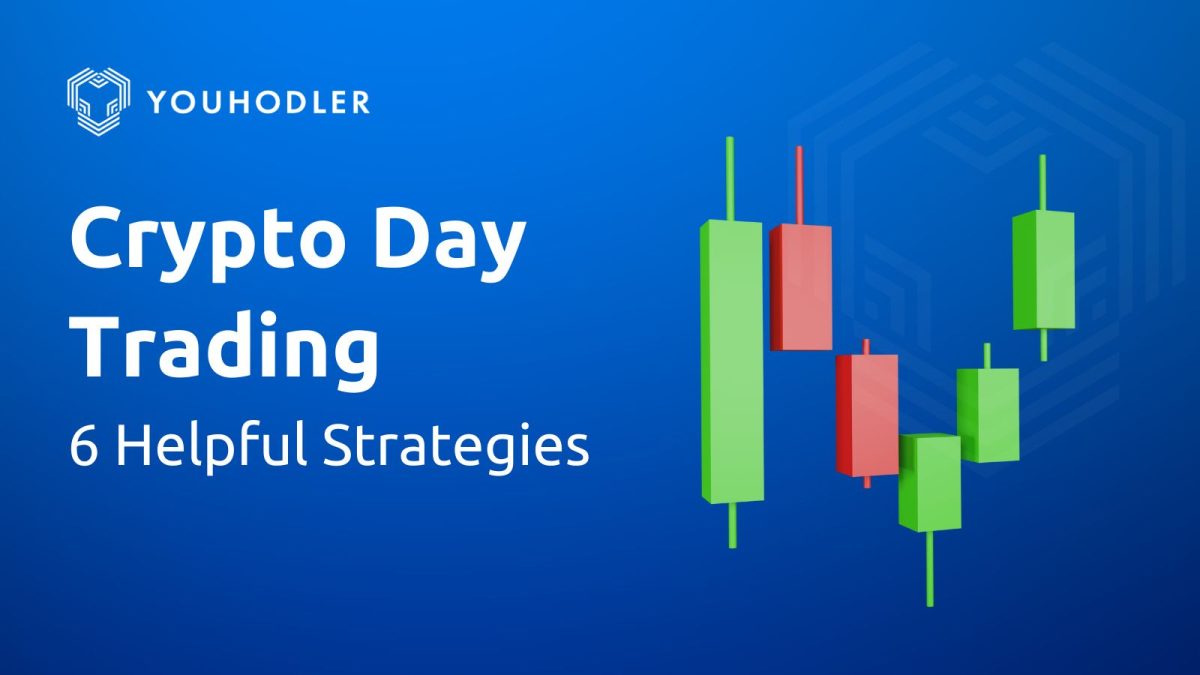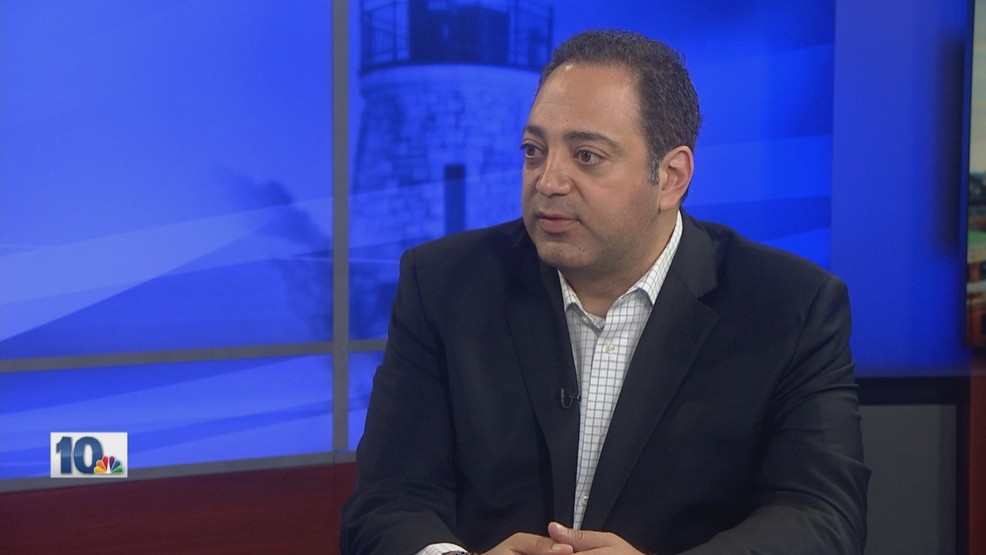Day trading cryptocurrency is a fruitful endeavor if you know how to use it strategically. All you need is the proper trading knowledge and plenty of practice. Still, there are many difficulties day traders are prone to – from volatility to setting the right stop-loss points. These six crypto day trading strategies can strengthen your trading abilities.
In this guide, we’ll explain arbitrage trading, crypto news and market analysis, and technical analysis. You’ll also learn how to use pending orders, range trading, and scalping. With these strategies, you can formulate the best strategy for crypto trading.
Arbitrage Trading
Arbitrage trading is a must-know term for day traders. This strategy involves buying and selling the same cryptocurrency for a different price. Traders who use this strategy are arbitrageurs. They learn how to benefit from market inefficiencies, especially in international crypto exchanges. When different markets list inconsistent prices for the same crypto, traders can quickly buy from one and sell at a higher price to the other.

This is especially useful for those who day trade Bitcoin, as one of the most popular, long-lasting arbitrage opportunities is the kimchi premium. This market inconsistency in South Korea focuses on Bitcoin, which costs much less due to national regulations. Most arbitrage opportunities are fleeting and caused by human error. When traders notice the price differences, their trades balance the difference.
Suggested reading: What is the Kimchi Premium? Ultimate Guide
This leads to many arbitrageurs using sophisticated software. These software tools can help traders detect market differences and make transactions immediately. A significant advantage of arbitrage trading is its risk-free nature and its completely legal.
Crypto News and Market Sentiment Analysis
We can predict future cryptocurrency performance based on past data – but is it possible to do so based on people’s feelings? The answer is yes, and it’s done through market sentiment analysis. By combining crypto news and market sentiment information, traders can gain a better understanding of the social situation.
This is beneficial to day trading because it can help you predict people’s actions in addition to market movements. People react based mostly on their emotions such as
- fear,
- excitement, or
- greed.
People’s emotions go a long way towards shaping bullish and bearish market trends. When people are pessimistic about crypto value, the market turns bearish. When they’re optimistic, the market expands and turns bullish.
Traders can use multiple data sources like
- social media posts,
- crypto forums,
- and news outlets.
This helps them keep track of how the crypto audience reacts to the latest news, and how the majority of users discuss crypto daily.
Market sentiments and insights are often reflected in crypto news articles, citing quotes from experts who give their opinion. If their sentiments are mostly positive, hopeful, and reporting interest in buying more, the market trend is likely to go upwards. If investors are negative, critical, and discussing safeguarding their assets, the market might go downwards.
Technical Analysis
Technical analysis is the strategy of using factual market data to make informed predictions. There are many technical analysis tools that day traders can regularly check to evaluate their positions.
The Moving Average Convergence Divergence (MACD) is a momentum indicator, which triggers signals to buy or sell. It can also alert traders to bullish or bearish divergences and helps traders to determine market trend reversal.
Suggested Reading: Technical Indicators You Should Know
The Relative Strength Index (RSI) is another technical analysis indicator that signals when the market is overbought or oversold. Other indicators for technical analysis include:
- the Bollinger Bands
- the Fear and Greed Index
- Moving Average
- and more.
Analyzing these statistical trends help traders find strong possibilities for profitable trades.

Pending orders
Pending orders are an instruction that traders set to execute in the future based on market price changes. This allows traders to prepare their securities for market movements – no matter how unlikely. Using multiple pending orders is a popular day trading strategy since it takes advantage of short-term movements. There are two main types of pending orders:
- stop orders
- limit orders.
Each type has its own buy and sell conditions.
When to use a buy-stop order
Traders use a buy-stop order to buy crypto at a higher price. If a trader expects that crypto to continue rising in price, they can buy into the trend as soon as it starts. With this order, their crypto becomes more valuable while already in their possession.
When to use a sell-stop order
They can also use a sell-stop to sell crypto if its price drops. This order is crucial in minimizing losses. It’s vital to manage risk with this order. If you’re using borrowed funds.
What is a buy-limit order?
A buy-limit order is set to buy crypto at a lower price, with the expectation that it becomes more valuable afterwards. If a trader predicts a short-term dip in the market, they can make a profit with this order.
What is a sell-limit order?
A sell-limit order is set to sell crypto at an appreciated price before it falls again. This order is useful for traders to take advantage of a momentary peak in price.
Pro tip! Did you know you can use Pending Orders on YouHodler with MultiHODL? It combines all of the above in one, easy-to-use feature.
Read about it in the article below!
Suggested reading: How to Trade with Pending Orders on YouHodler
Range Trading
Range trading is a strategy that enables traders to profit from non-trending markets. A trading range is a difference between high and low prices during a period. These prices are represented in candlestick charts (bar graphs), which make it easier to follow price patterns. These display a support price (below the current price) and a resistance price (above the current price). If the price falls below a support level, it becomes a resistance level.

In addition to price analysis, traders have to keep track of volume. Volume precedes price, and its increase or decrease predicts the direction of a trend. Using this technique, traders can buy in at the support level and sell at the resistance level. Day traders can specifically use this strategy to buy when crypto is oversold, and sell when it’s overbought to turn a profit.
Scalping
Scalping is a popular strategy among day traders who want to turn multiple smaller profits daily instead of banking on big wins. Scalping has a fast turnaround and takes advantage of volatile crypto price changes that last minutes or seconds. Unlike swing trading, which is based on movements due to market sentiments, scalping relies on market momentum.
Traders who use this technique have to be fast decision-makers. If not, they’ll lose out on the opportunity. Day traders who scalp may follow systemic scalping, where technical indicators trigger trades.
What are systemic scalpers?
Systemic scalpers have already determined when to enter and exit the market. Day traders who make more spontaneous decisions in reaction to the market’s behaviour are discretionary scalpers.
Conclusion
Day traders can avoid losses by expanding their knowledge of the right techniques, and the six explained above are the perfect mix to use. These crypto day trading strategies shape a comprehensive strategy that will guide you to success. By combining
- analysis methods,
- risk-management stock orders,
- and trading methods,
you can potentially find some success in the crypto market.
Disclaimer: “The content should not be construed as investment advice and does not constitute any offer or solicitation to offer or recommendation of any investment product. It is made available to you for information and/or education purposes only.
You should take independent investment advice from a professional in connection with, or independently research and verify any information that you find in the article and wish to rely upon.”











